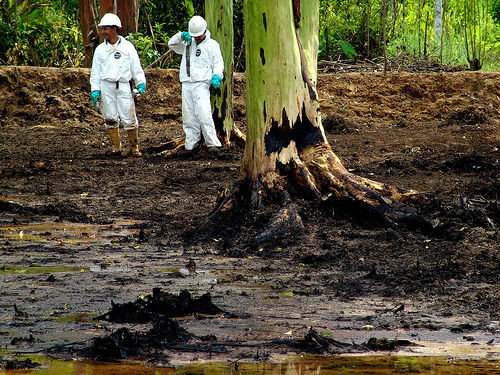The five-day study tour in October brought ten experts – legislators, researchers, and activists – from North America and Europe to Norway and Denmark. It was the aim of the tour to explore the renewable energy landscape in Scandinavia, and to exchange experiences from both sides of the Atlantic around building a “just transition”: a greening of the economy in a fair and inclusive manner that creates decent work opportunities and leaves no one behind.
Taking as its starting point the role and strategies of left parties, trade unions and climate justice groups in the Nordic region, the visit also looked at the larger challenges, including the regional and global dynamics surrounding a green transition. The results were challenging, and sometimes inspiring, but contradictory.
Leading on renewables?
Denmark and Norway are rightly seen as world leaders on renewable energy, but this status is riddled with incongruities. While Norway’s hydro sector supplies over 99 percent of the country’s electricity needs and is more than 90 percent state-owned, wind power faces significant public opposition. Unlike hydro, onshore wind generation in Norway is 75 percent privately owned, largely exported for profit, and pays lower taxes than other energy sectors. Offshore wind production – which faces less criticism – mostly serves to electrify Norwegian oil and gas platforms.
Opposition to onshore wind has even emerged within Norway’s environmental movement and indigenous Sámi population, most notably around the Fosen wind farm in central Norway. In October 2021, Norway’s Supreme Court ruled the wind farm had been built in clear violation of the Sámi people’s human rights, but the government has failed to take any action. Both environmental groups and the Sámi people continue to protest against the wind farm, and the case has only helped deepen public opposition to wind energy in the country.
Read the full report at Rosa Luxemburg Stiftung - Brussels Office or Rosa Luxemburg Stiftung - New York Office.

















